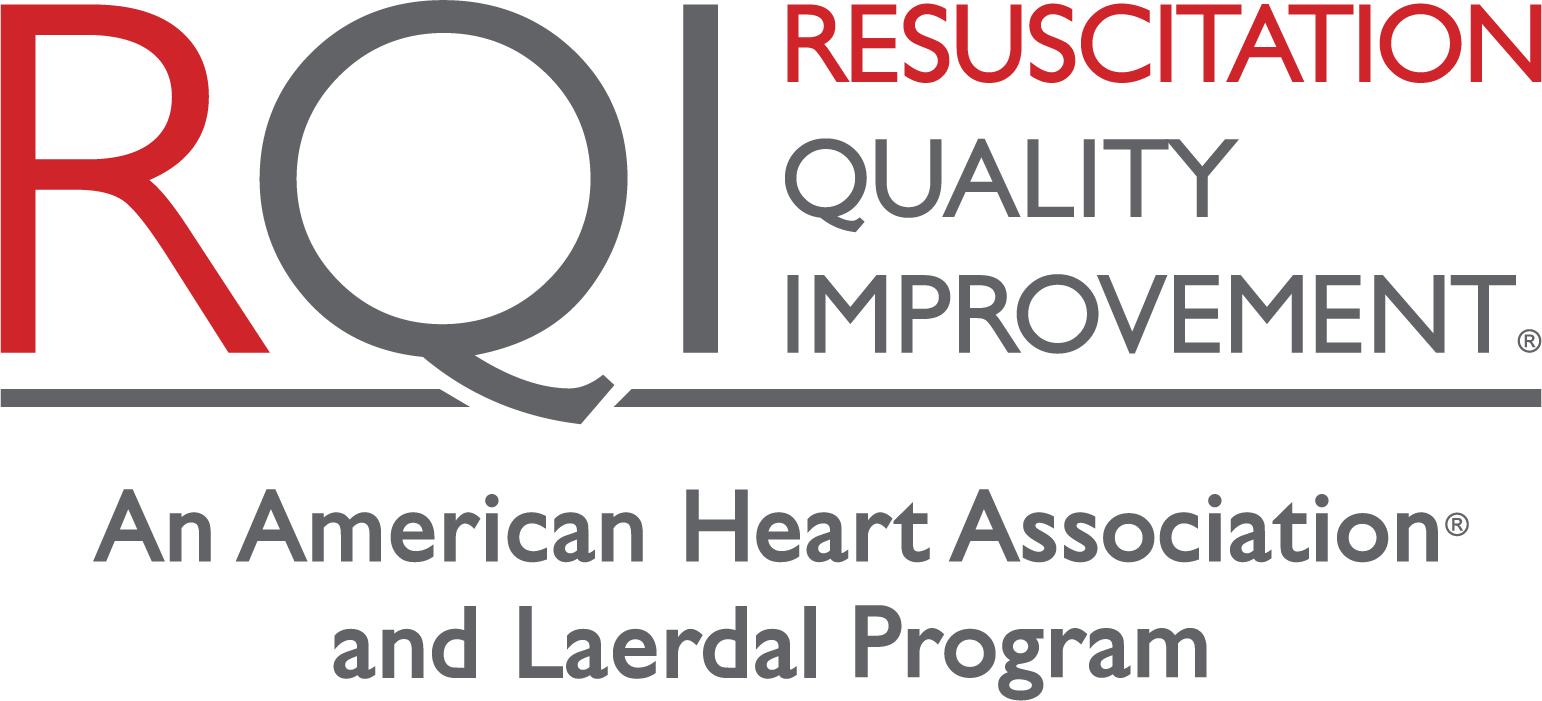Oermann, M. et al. Resuscitation Plus. 2024
Importance of Conclusion
CPR, the cornerstone of cardiac arrest management, is a competency for nurses and nursing students to master and retain. However, providers experience skills decay rapidly within weeks to months after training, if not used or practiced. The Resuscitation Quality Improvement (RQI) program is an evidence-based program that provides low-dose, high-frequency CPR skills training and verifies skills competence. The objective of this multisite longitudinal study was to examine the maintenance of adult and infant compressions and ventilation skills by nursing students at 3 and 6 months following practice with real-time feedback using the RQI program.
Key Points
- The effectiveness of brief practice of CPR skills at the RQI simulation station on the maintenance of skills was analyzed with 238 nursing students from six universities across the United States.
- Practicing CPR skills at the RQI simulation station every 3 months with real-time feedback enabled participants to maintain their compression and ventilation skills and improve them from baseline (month 0) to 6 months, resulting in no loss of skills among participants.
- Although most students had a BLS or comparable course prior to this study, only 70.6% were able to perform adequate compressions on the adult manikin on their first attempt. With quarterly practice, this percent increased to 81.5% at the 6-month reassessment.
- As students practiced CPR with real-time feedback from RQI, they required fewer attempts to achieve 75% for adult and infant compressions, and infant ventilation.
- Median scores on the first attempt to compress and ventilate stayed above the 75% overall score that providers must achieve to demonstrate adequate performance at the simulation station with real-time feedback.
- This study demonstrated that brief practice of CPR skills at the RQI simulation station every 3 months with real-time feedback was highly effective for maintaining students’ competence in compressions and ventilation.
Read the article
